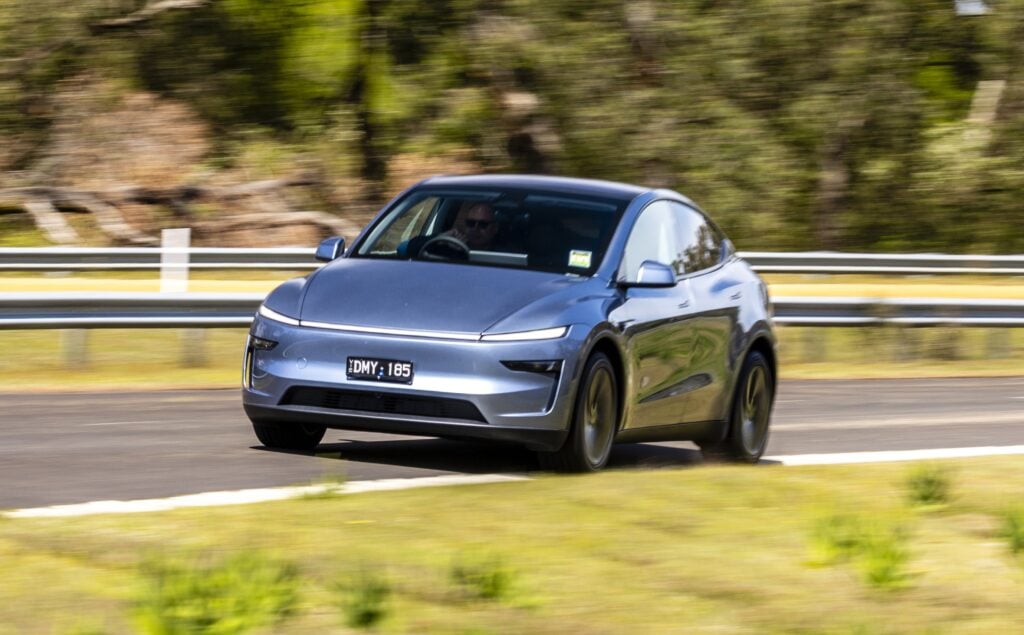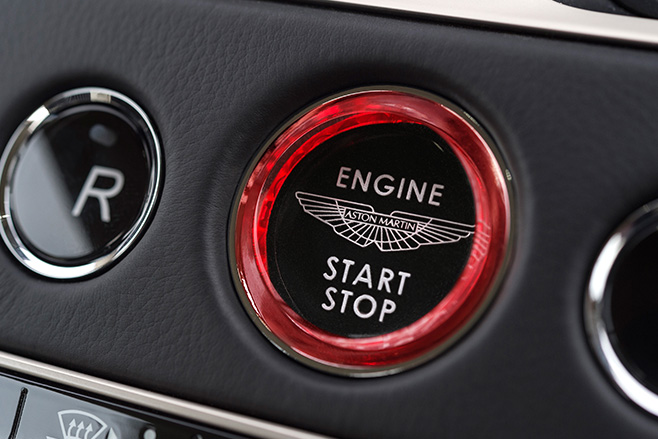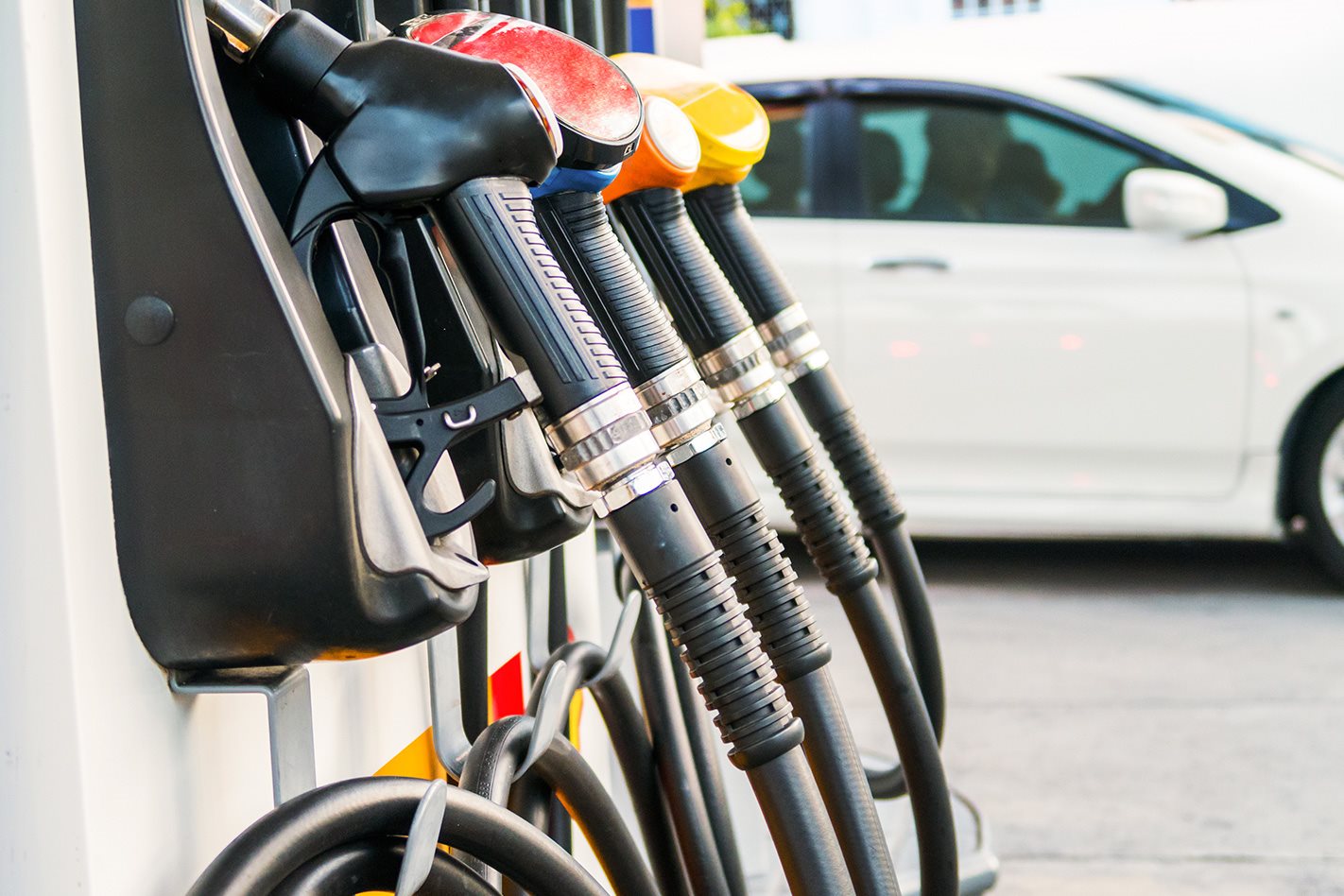
Snapshot
- $2 billion subsidy to keep facilities in Geelong and Brisbane open
- Both plants will get 1.8 cents per litre of fuel produced until 2030
- Upgrades to infrastructure coming to enable production of better fuel
UPDATE, July 2022: Fuel quality laws sped up by three years
Anthony Albanese’s Labor Government has put legislation in place to improve Australia’s Fuel Quality, bringing forward plans that were in place for 2027 to 2024.
Previously announced by the Morrison Government last year, subsidised facility upgrades at Australia’s two remaining refineries to produce cleaner fuel of 10 parts per million (ppm) of sulphur for unleaded petrol were going to come forward to 2024.
Though the new Government can’t claim all the credit for introducing the stricter deadline, it has made what was essentially just an idea a reality.
A spokesperson for the Department for Infrastructure told Wheels: “This month, the Australian Government brought forward in legislation the 10ppm sulphur limit for all petrol sold in Australia from 2027 to 2024.
“The Fuel Quality Standards (Petrol) Amendment Determination 2022 brought forward the reduction in the petrol standard, which relates to 91 RON, 95 RON and 98 RON. The Fuel Quality Standards (Ethanol E85) Amendment Determination 2022 brought forward the reduction in the E85 standard.
“The previous Government announced an intention to bring forward the 10 ppm limit to 2024, however it did not make the required legislative changes to bring this into force.
“The extra two-and-a-half years of reduced sulphur in petrol will improve air quality, reducing health costs due to air pollution exposure by an estimated $840 million.”
The story to here
May 2021: Government plans to back local refineries
The Federal Government has today announced a plan to back Australia’s two remaining oil refineries with a new subsidy scheme to ensure the country doesn’t become 100 per cent dependent on imported fuel.
The Morrison Government has unveiled a $2 billion plan to prop up the two facilities in Geelong and Brisbane by offering up to 1.8 cents per litre of fuel they produce until 2030.
The ‘Fuel Security Service Payment’ would be linked to refining margins, meaning refineries would only be supported when the margin they make per barrel of oil falls to $7.30. The payment will decline to zero if margins increase to $10.20 per barrel.
The estimated $2 billion cost would be a worst-case scenario, assuming both the Viva refinery at Geelong and Ampol refinery at Lytton are paid the highest rate for the full nine years.
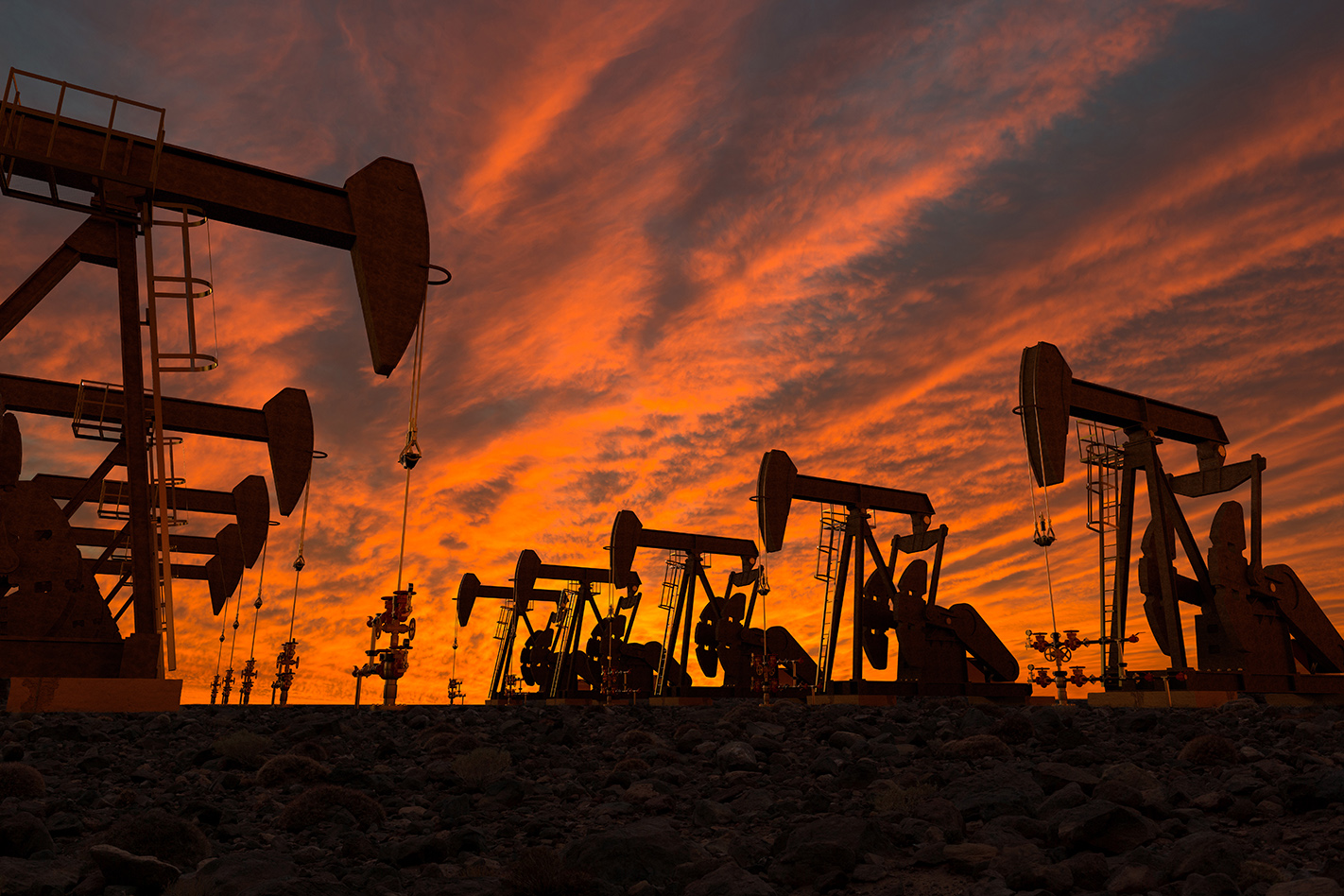
Legislation will be introduced to Parliament in the coming weeks with the aim of the payment being rolled out by the start of July.
Minister for Energy and Emissions Reduction Angus Taylor said the Government was taking immediate and decisive action to keep our domestic refineries operating.
“The COVID-19 pandemic continues to place immense pressure on our refineries and the many Australians employed in the fuel sector,” Minister Taylor said.
“The production payments will help the industry withstand the economic shock of this crisis, protecting local jobs and industry, bolstering our fuel security and shielding motorists from higher prices.”
To receive the payment, the two refineries must agree to continue to operate for the duration of the program and commit to an open book process as well as long-term self-help measures.
Experts have warned in recent months Australia is becoming increasingly reliant on imported refined fuel. Currently 90 per cent of the country’s fuel is imported from overseas.
“This is a key plank of our plan to secure Australia’s recovery from the pandemic and to prepare against any future crises,” added Prime Minister Scott Morrison in an interview with ABC.
“Shoring up our fuel security means protecting 1,250 jobs, giving certainty to key industries, and bolstering our national security.”
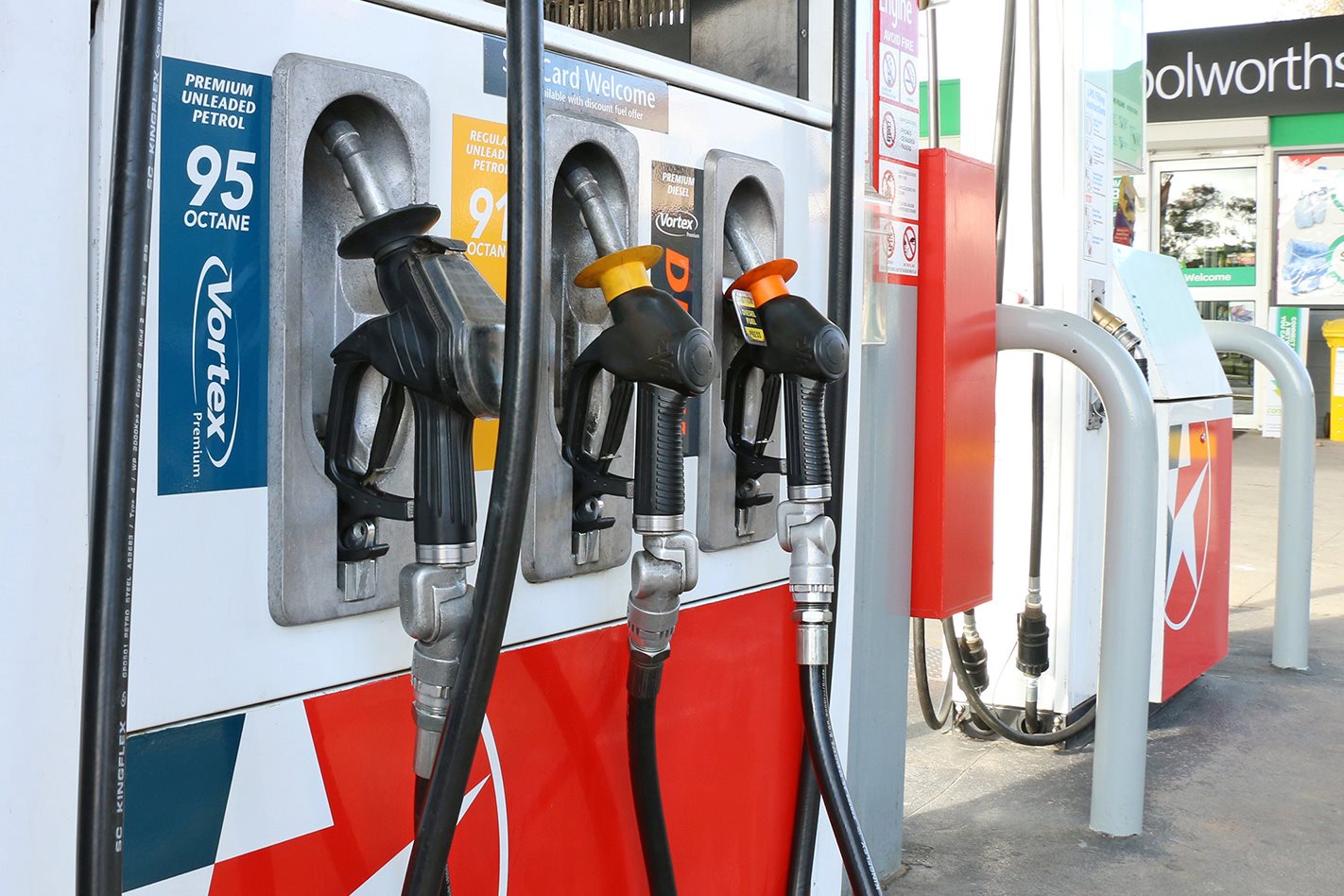
In addition to measures designed to keep our remaining two refineries open, the scheme includes around $300million for infrastructure upgrades to improve fuel quality.
Welcoming the news, the Federal Chamber of Automotive Industries (FCAI) said the plan was an “excellent opportunity” to improve the poor quality of Australian fuel standards, which rank among the worst in the world.
“The poor fuel standards in Australia relative to regions such as Europe and Asia have meant that some car companies have been unable to introduce some of the world’s best fuel efficient and environmentally friendly technologies to the Australian market,” FCAI Chief Executive Tony Weber said.
“We now have an excellent opportunity to align Australian fuel quality with the rest of the world, encourage the delivery of the latest engine technology and take further steps on the road to reducing CO2 emissions.”
From 2023, the Government’s plan is to subsidise facility upgrades which will enable the two remaining refineries to produce cleaner fuel to match the current world’s best practice of 10 parts per million (ppm) of sulphur for unleaded petrol by 2024.
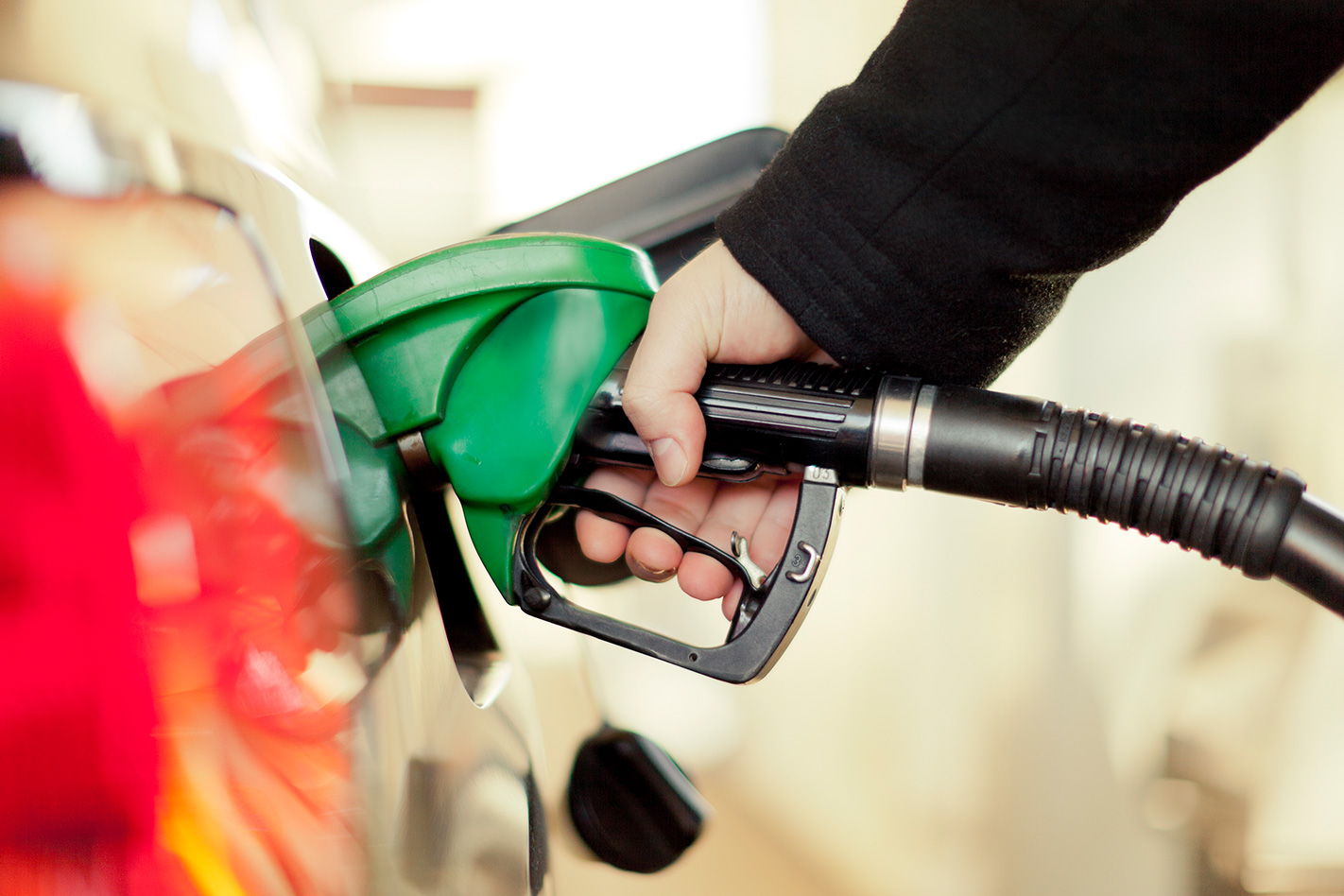
Under current regs, Australia’s premium unleaded can have up to 50ppm of sulphur, and regular unleaded can contain up to 150ppm of sulphur.
Subsequently Aussies are missing out on vehicles with more advanced petrol engines which produce lower emissions because manufacturers claim they can’t import them in large numbers due to the cars being optimised to run on premium unleaded with 10ppm of sulphur.
The lobby group for the oil industry, the Australian Institute of Petroleum (AIP), says it occasionally imports premium unleaded with 10ppm of sulphur bought at distress prices and blends it with Australia’s 50ppm fuel, bringing the sulphur content down to about 30 to 40ppm.
But carmakers argue it isn’t enough because they need to know exactly which fuel tankers have the lower sulphur fuel otherwise they could face expensive claims against customers’ warranties, or worse – engine failures.
The presence of sulphur in Australian-refined fuel impairs the performance of pollution-reduction technologies used in modern vehicles. The Singapore-based energy consultant, Stratas Advisors, last year ranked 100 countries by fuel quality, with Australia claiming 85th place.
Managing Director of the Australian Automobile Association (AAA) Michael Bradley said: “Australia’s efforts to reduce noxious and greenhouse emissions from its vehicle fleet have been held back by the fact we’re being sold engine technologies designed for the fuel markets of Libya, Argentina, and Iraq.
“With the Government saying that our fuel quality challenges are soon to be solved, it is time to again seriously discuss the national policies required to drive Australia’s vehicle fleet transition.”
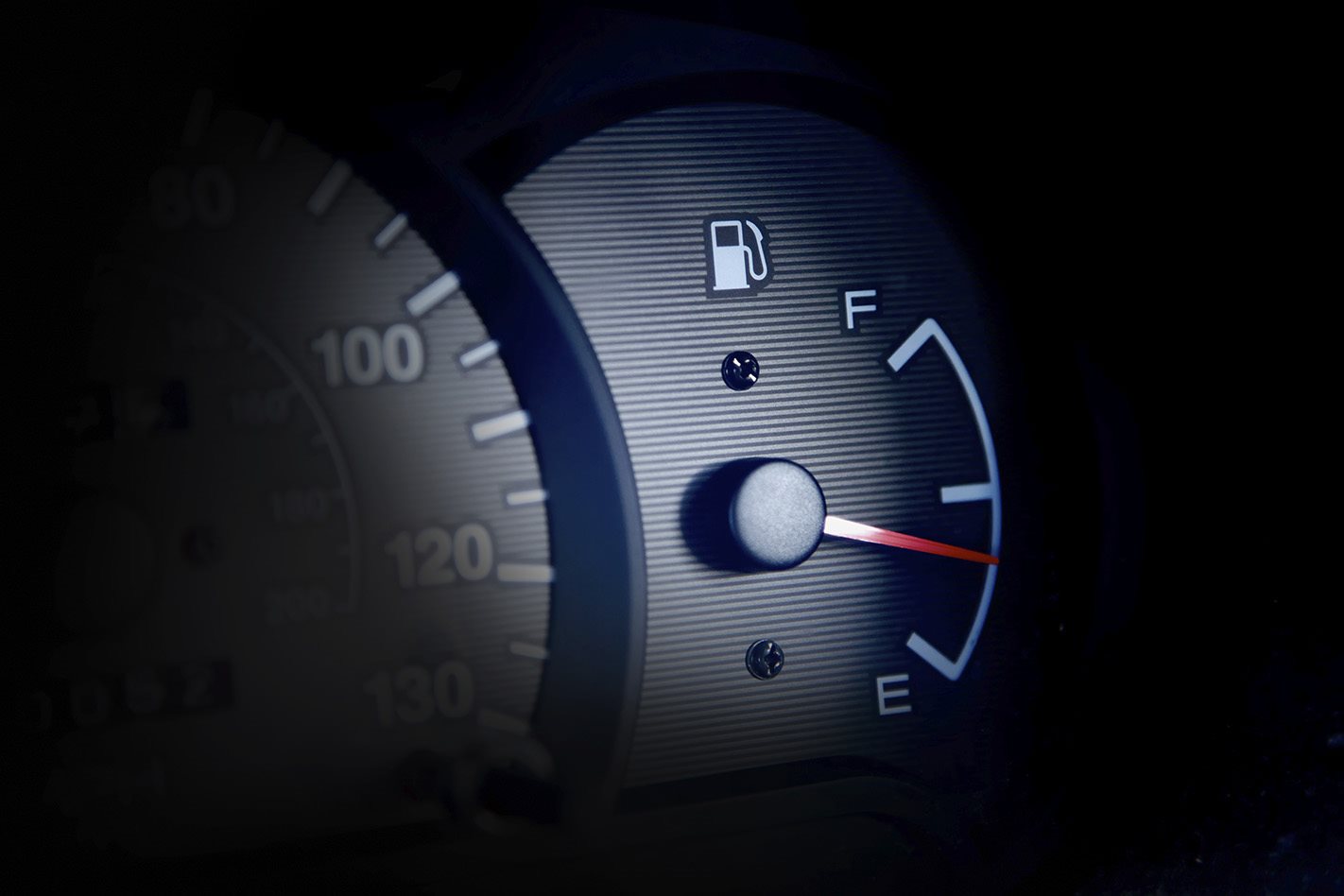
Twenty years ago, Australia had eight refineries. Most have now closed and been converted into import terminals – increasing the country’s reliance on foreign oil supply.
The latest was the Altona Refinery in Melbourne which was announced in February 2021 and is due to close sometime this year. Until the Government’s announcement, the future of the Lytton Refinery in Brisbane had also been in doubt.
However just hours after the subsidy package was revealed, Ampol, which runs the Queensland facility, said it would remain open “subject to the government’s refining support package being successfully legislated as proposed”.
Last week, Chairman Steven Gregg told the Australian Financial Review it was still ‘‘a big if’’ whether Government support would be enough to keep its doors open.
The refinery subsidy announced today will see taxpayers pay refiners to clean up their fuel and it will maintain Australia’s refinery capacity, but the AAA says its impact on fuel security remains unclear.
“The Government should also be congratulated for avoiding a funding mechanism that required a new tax or increased prices at the bowser.
“But if we are to significantly improve Australian fuel security, we need an integrated approach to fuel production, storage, technology transition, energy diversification, and emissions reduction.
“Fuel security can be bought, but we should reflect upon our recent history of subsidised car manufacturing and the relative benefit of enabling local adoption of fuels and technologies with the potential to not only improve fuel security, but also offer Australians greater vehicle choice, cleaner air, and cheaper household bills.”
Speaking last year, when there were still four oil refineries in Australia, AIP CEO Paul Barrett said: “COVID19 has decimated fuel demand, there is a global oversupply of petroleum products, and current and forecast refiner margins are unsustainably low. Without support, the future of Australian refining cannot be assured.”
A history of oil refineries in Australia
Geelong Refinery, Geelong, VIC. 1954 – present.
Lytton Refinery, Brisbane, QLD. 1964 – present.
Altona Refinery, Melbourne, VIC. 1949 – 2021.
Kwinana Refinery, Freemantle, WA. 1955 – 2021.
Bulwar Island Refinery, Brisbane, QLD. 1965 – 2015.
Kurnell Refinery, Sydney, NSW. 1956 – 2014.
Clyde Refinery, Sydney, NSW. 1925 – 2012.
Port Stanvic Refinery, Adelaide, SA. 1963 – 2003.
Got a tip-off for a story? Get in touch: [email protected]



